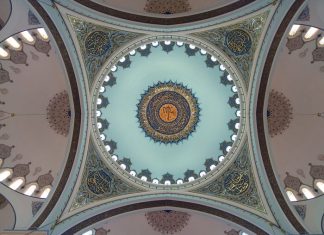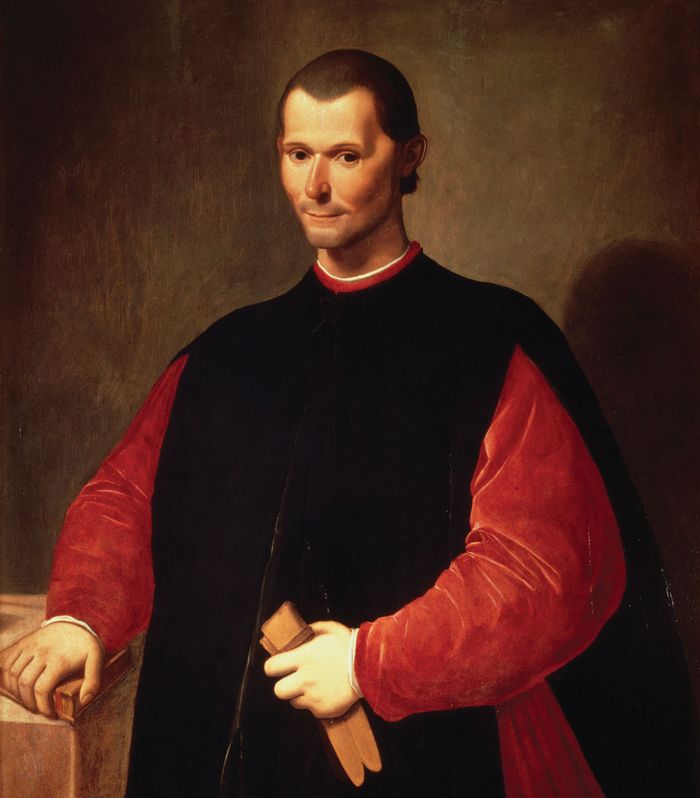A certain conception through the senses thus takes place in the brain, which was not there before, and is transmitted to the judicial faculty, and added to the mental store. Gregory, who is so eloquent about God, says that the mind, which is set upon getting beyond corporeal things, is incapable of doing it. For the invisible things of God since the creation of the world are made visible through images. (Rom. 1.20) We see images in creation which remind us faintly of God, as when, for instance, we speak of the holy and adorable Trinity, imaged by the sun, or light, or burning rays, or by a running fountain, or a full river, or by the mind, speech, or the spirit within us, or by a rose tree, or a sprouting flower, or a sweet fragrance.
Mystically shadowing forth
Again, an image is expressive of something in the future, mystically shadowing forth what is to happen. For instance, the ark represents the image of Our Lady, Mother of God,* so does the staff and the earthen jar. The serpent brings before us Him who vanquished on the Cross the bite of the original serpent; the sea, water, and the cloud the grace of baptism. (I Cor. 10.1)
Again, things which have taken place are expressed by images for the remembrance either of a wonder, or an honour, or dishonour, or good or evil, to help those who look upon it in after times that we may avoid evils and imitate goodness.
It is of two kinds, the written image in books, as when God had the law inscribed on tablets, and when He enjoined that the lives of holy men should be recorded and sensible memorials be preserved in remembrance; as, for instance, the earthen jar and the staff in the ark. (Ex. 34.28; Heb. 9.4) So now we preserve in writing the images and the good deeds of the past. Either, therefore, take away images altogether and be out of harmony with God, who made these regulations, or receive them with the language and in the manner which befits them. In speaking of the manner let us go into the question of worship.
Worship is the symbol of veneration and of honour. Let us understand that there are different degrees of worship. First of all the worship of latreia, which we show to God, who alone by nature is worthy of worship. When, for the sake of God who is worshipful by nature, we honour His saints and servants, as Josue and Daniel worshipped an angel, and David His holy places, when be says, “Let us go to the place where His feet have stood.” (Ps. 132.7)
Read More about Apologia of St John Damascene Against those who Decry Holy Images Part 39








